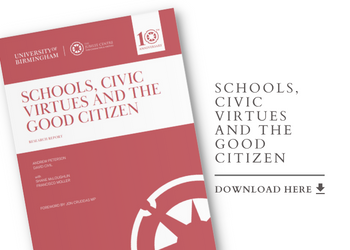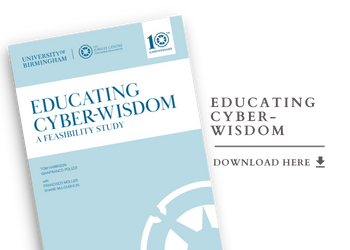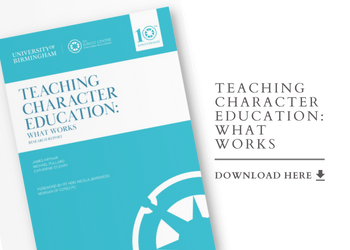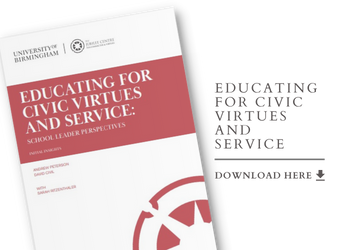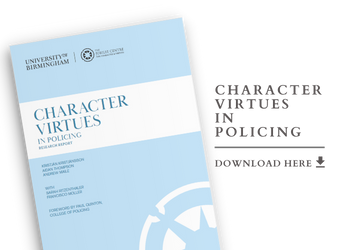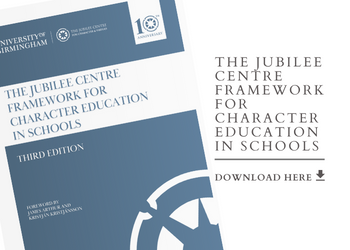 |  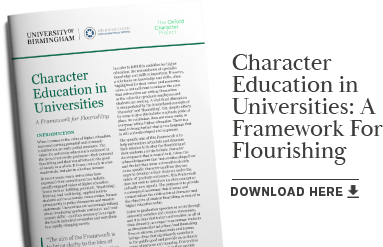 | 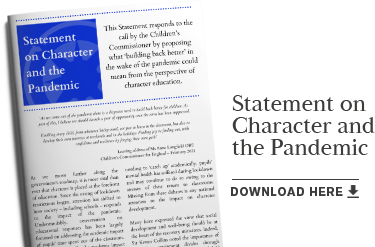 |
| The Jubilee Centre Framework for Character Education in Schools (2022) sets out the Centre’s position on character education, what it is, and why it is important. The Framework calls for all schools to make explicit how they go about developing pupils’ character. | Character Education in Universities: A Framework for Flourishing sets out the Jubilee Centre’s position on the place of character education in universities. The Framework was developed in 2020 in partnership with the Oxford Character Project. | The Statement on Character and the Pandemic (2021) offers a reflection on what this could mean from the perspective of character education and discusses how the language of character will be required to navigate towards a new landscape in schools. |
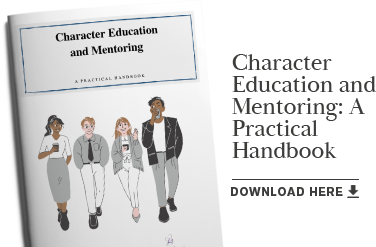 |  | 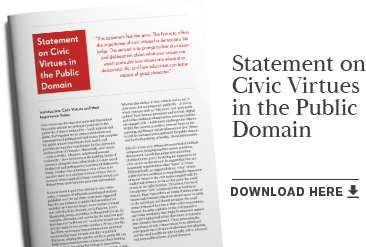 |
| Character Education and Mentoring (2020) is a practical guide to supporting character-led mentoring in schools. Character is caught and taught, and mentoring is a powerful tool to support character development in pupils through a more focussed and often one-to-one basis. | The Statement on Character and Sport (2020) explores the character building potential sport and seeks to provoke discussion on the opportunities and challenges in engaging with particular sports in relation to character development. | The Statement on Civic Virtue (2019) aims to affirm the importance of civic life in democratic life and prompt further discussion and deliberation about what civic virtues are, which particular civic virtues are relevant to democratic life and how we can foster good character. |
 | 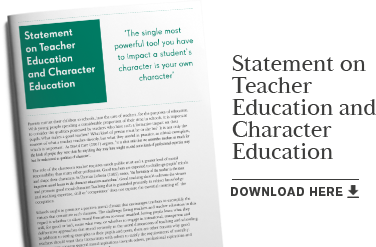 | 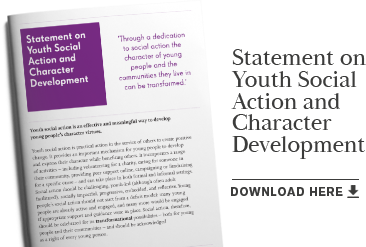 |
| The Statement on Character, Virtue and Practical Wisdom in the Professions (2016) aims to open up space for renewed debate, discussion and dialogue about the place of character, virtue and practical wisdom in professional practice. | The Statement on Teacher Education and Character Education (2015) emphasises the importance of preparing teachers for the moral complexities of the profession and sets out key recommendations for teacher education. | The Statement on Youth Social Action and Character Development (2014) sets out the ways in which youth social action is an effective and meaningful way to develop young people’s character virtues. |
 |  |  |
| Windows Into Schools: Celebrating Character (2020) provides insights into the ways in which 8 case study schools provision for, embed and cultivate meaningful character education. | Leading Character Education in Schools (2020) presents the background, development and purpose of the Centre’s online character education CPD programme. | Character Perspectives of Student Teachers (2018) offers initial insights into the character development of pre-service teachers. It found that student teachers placed greater importance on performance virtues, at the expense of moral virtues, at the end of their teacher training year, when compared to the beginning of their training. |
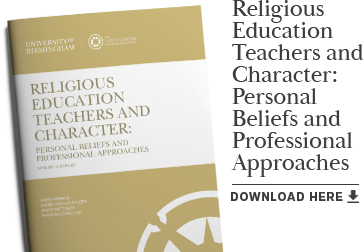 | 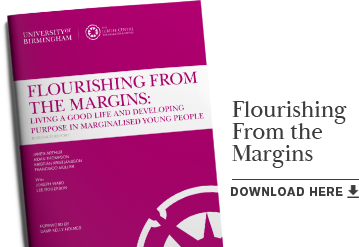 | 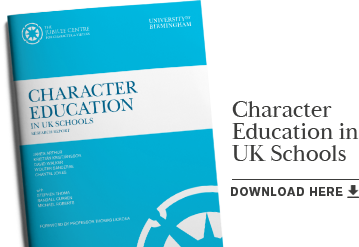 |
| Religious Education Teachers and Character (2019) explored the links between different approaches taken to students’ character development in Religious Education and the worldviews held by Religious Education Teachers. | Flourishing From the Margins (2017) worked with pupils and tutors in mainstream and alternative provision settings in exploring notions of character and purpose and understanding living a ‘good’ life. | The Character Education in UK Schools report (2015) presents the findings of an extensive study of character education, including over 10,000 students and 255 teachers. |
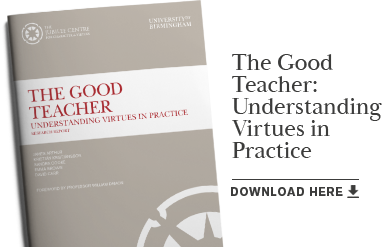 | 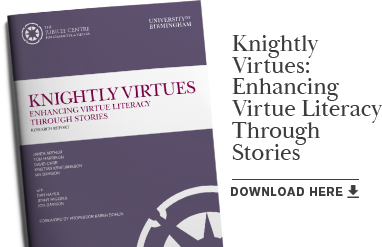 | 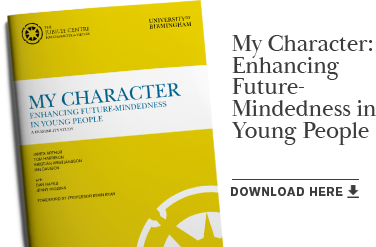 |
| The Good Teacher report (2015) describes research that focused on virtues and character in teaching. The research explored the virtues that the good teacher might need and the role those virtues play in teaching. | The Knightly Virtues programme (2014) explores virtues through stories. The effectiveness of the programme was tested using several rigorous research methods which are detailed in this report. | The My Character report (2013) describes a Feasibility Study which aimed to develop a better understanding of how interventions can develop future-mindedness in young people. |
 | 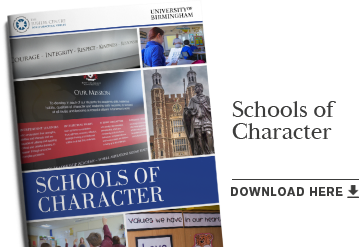 | 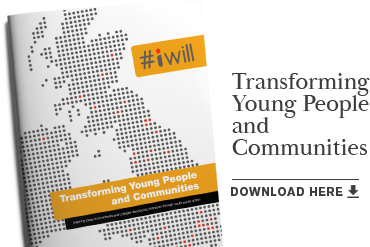 |
| Teaching Character Through the Curriculum (2016) demonstrates how character might be taught through fourteen secondary school curriculum subjects providing learning and teaching activities for in the classroom. | Schools of Character (2013) showcases seven schools, both private and state, that make character education a conscious part of their day to day practice through a variety of approaches. | Transforming Young People and Communities outlines the key steps schools can take to set up and implement youth social action programmes and provides advice, ideas and inspiration from head teachers running primary, secondary and colleges. |
 | 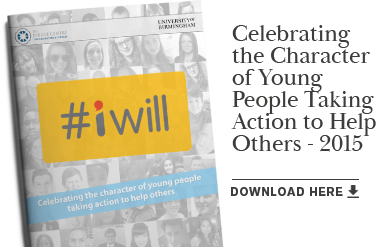 | 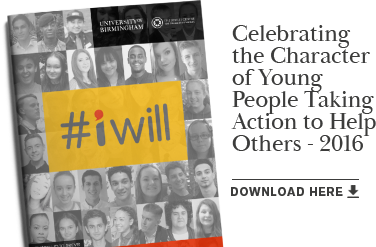 |
| The #iwill Ambassadors brochure 2014 showcases 50 inspiring young people for their commitment to youth social action. The brochure begins with a foreword by HRH The Prince of Wales. | The #iwill Ambassadors brochure 2015 recognises the outstanding service of 50 young people dedicated to youth social action. The brochure includes a foreword by Sir Nick Parker, Chairman of Step Up To Serve. | The #iwill Ambassadors brochure 2016 recognises the outstanding service of 50 young people dedicated to youth social action. The brochure includes a foreword by Adele Roberts, Radio 1 DJ and #iwill campaign celebrity ambassador. |
 | 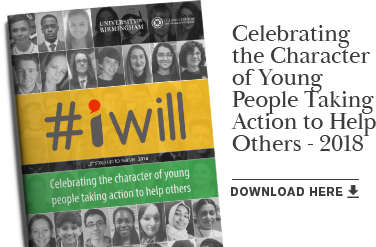 | 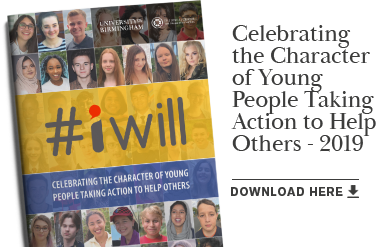 |
| The #iwill Ambassadors brochure 2017 recognises the outstanding service of 50 young people dedicated to youth social action. The brochure includes a foreword by Professor James Arthur, Director of the Jubilee Centre. | The #iwill Ambassadors brochure 2018 recognises the outstanding service of 50 young people dedicated to youth social action. The brochure includes a foreword by Professor James Arthur, Director of the Jubilee Centre. | The #iwill Ambassadors brochure 2019 recognises the outstanding service of 50 young people dedicated to youth social action. The 2019 Ambassadors event was hosted by the Jubilee Centre in the University of Birmingham Great Hall in October 2019. |

